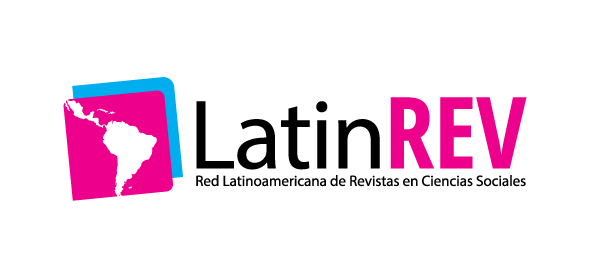Perspectivas del buen vivir de una comunidad Maká y una Mbya-Guaraní de Itapúa
DOI:
https://doi.org/10.70833/rseisa10item154Keywords:
Indigenous Peoples, Good Living, Participatory researchAbstract
The intention of this work is a participatory research and diagnosis of two indigenous communities of the Department of Itapúa, the Maka of Ita Paso (District of Trinidad) and the Mbya Guaraní of Guavirami (District of Trinidad). Taking the communities, their leaders and their members' own views and actions as the main perspective, the research illustrates the interdependent economic, social and cultural components of their well-being or "good living". This makes visible such components and contribute to the communal actions that perform them.
Downloads
References
Albo, X. (2011). "Suma qamaña = convivir bien". En Vivir bien: ¿Paradigma no capitalista, Ivonne Farah H. y Luciano Vasapollo (Coord). La Paz: CIDES-UMSA (133-144).
Baptista, P.; Fernández C. y Hernández, S. (1997). Metodología de la Investigación. México: McGraw-Hill.
Bartolomé, M. (2009). Los parientes de la Selva. Los Guaraníes Mbya de la Argentina. Asunción: CEADUC.
Blacutt M. (2011). El Desarrollo Local Complementario. Granada: Fundación Uni. Andalu.
Cadogan, L. (1992). Diccionario Mbya Guaraní-Castellano. Asunción: CEPAG.
Cadogan, L. (1999) [1959]. Ayvu Rapyta. Textos míticos de los Mbyá-Guaraní del Guairá. Asunción: CEPAG.
Chase Sardi, M. (1970). "Cosmovisión Mak'a". En Suplemento Antropológico de la Universidad Católica de Asunción, Vol. N° 5 (239-246).
Corte Suprema de Justicia y Tierraviva. (2003).
Digesto Normativo sobre Pueblos Indígenas en Paraguay. Asunción: Corte Suprema de Justicia-Tierraviva. DGEEC (2014). Pueblos indígenas del Paraguay. Resultados Finales de Población y Vivienda 2012. San Lorenzo: Dirección de Estadísticas Encuestas y Censos.
Fogel, R. (1998). La Investigación Acción Participativa. Lecciones aprendidas en Paraguay. Asunción: CERI.
Gerzenstein, A. (1999). Diccionario etnolingüístico maká-español. Buenos Aires: Universidad de Buenos Aires.
Gray, N. y Renshaw, J. (2004). Indicadores de Pobreza Indígena. Washington: Banco
Interamericano de Desarrollo.
Gundermann H. (2001). "El método de los estudios de caso". En Observar, Escuchar y Comprender. Sobre la tradición cualitativa en la investigación social (251-286). México: Editorial Porrúa.
Salamanca, C. (2009). "Revisitando Napalpí: Por una antropología dialógica de la acción social y la violencia". En Runa, XXXI (1) (67-87). - Schaden, E (1998). Aspectos fundamentales de la Cultura Guaraní. Asunción: CEADUC.
Tuhiwai L. (1999). Decolonizing methodologies. Research and indigenous peoples. London: Zed Books Ltd.
Wallerstein, Nina. (2002). Community Community-Based Participatory Based Participatory Research. Albuquerque: New Mexico.
Downloads
Published
How to Cite
License

This work is licensed under a Creative Commons Attribution 4.0 International License.
Creative Commons Attribution License CC-BY
You are free to:
Share — copy and redistribute the material in any medium or format.
Adapt — remix, transform, and build upon the material for any purpose, including commercially.
Under the following terms:
Attribution — You must give appropriate credit, provide a link to the license, and indicate if any changes have been made. You may do so in any reasonable way, but not in any way that suggests that you or your use is endorsed by the Licensor.







